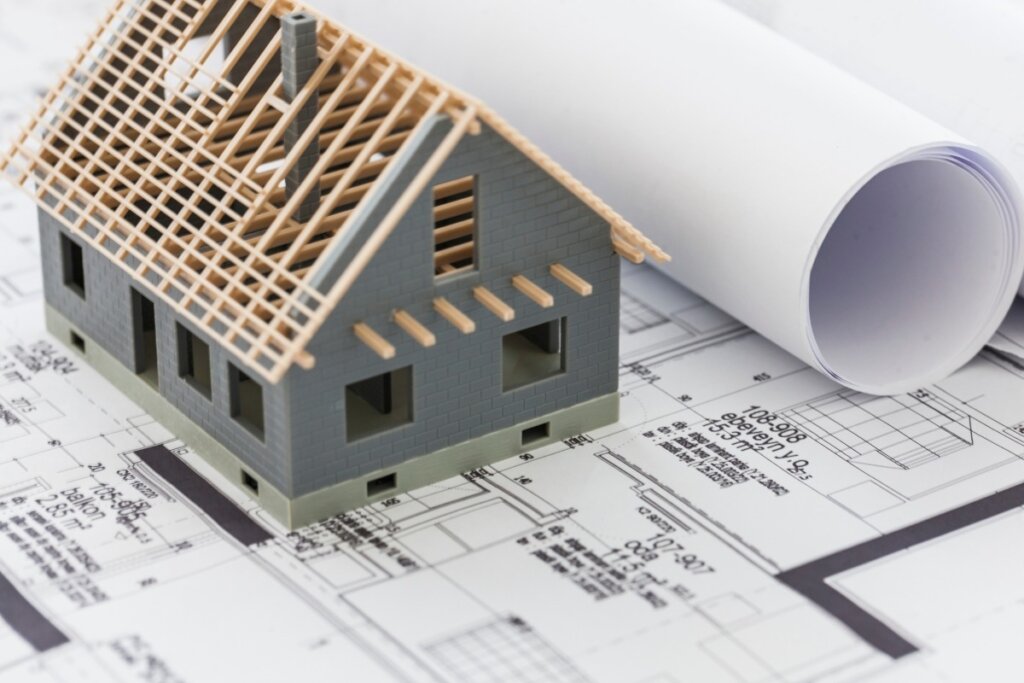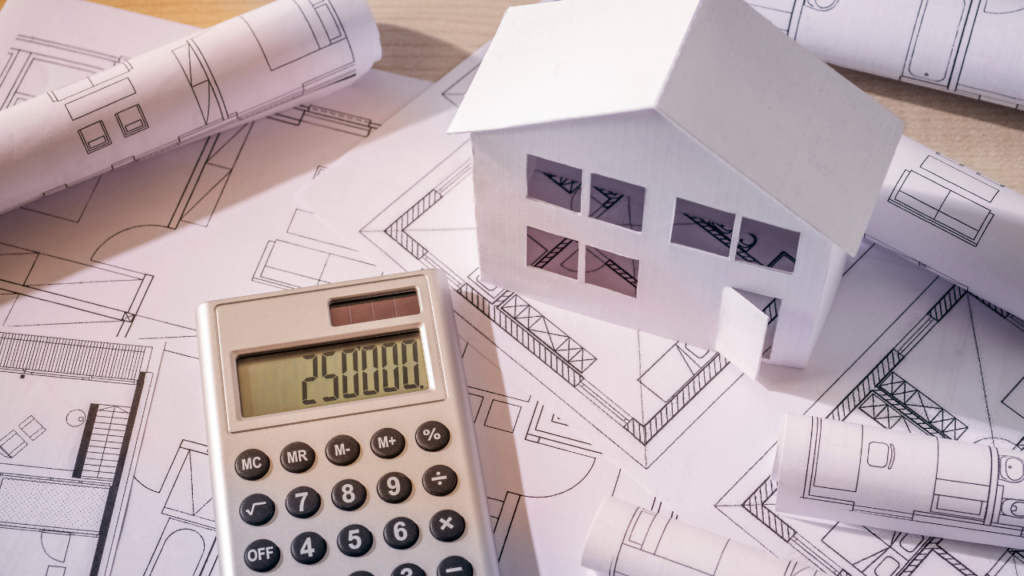Introduction
If you’re searching for “How to Sell a House With Unpermitted Work in California,” you’re likely facing a challenging situation. You may have made improvements or renovations to your home, but those updates weren’t officially approved or permitted by local authorities. Now, you might be wondering how this will impact your ability to sell your property. Whether you’re dealing with an unpermitted kitchen remodel, an addition that wasn’t filed with the city, or other types of unauthorized work, you may feel uncertain about the next steps.
One of the key concerns you’re likely grappling with is how unpermitted work affects the sale of your house. You want to know whether or not it’s still possible to sell your home, what your legal obligations are, and whether unpermitted work will drive down the value or scare off potential buyers. You might also be looking for ways to fix or navigate this issue quickly and smoothly. Ultimately, you’re trying to figure out the most beneficial solution that helps you move on from your property, whether that’s repairing the work or finding a buyer who understands your situation.
This blog is here to answer those questions in detail, offering you the guidance you need to sell a house with unpermitted work in California. Let’s dive into the challenges, the possible options, and how to make the process easier.
What Is Unpermitted Work and How Does It Affect Home Sales?

When we talk about unpermitted work, we’re referring to any improvements or renovations made to a home that were done without approval from the local building department. These changes might include additions like extra rooms, decks, or even structural changes to the layout, as well as smaller changes like installing new plumbing, electrical systems, or HVAC units. In California, any major or minor construction project requires a permit to ensure it complies with local building codes and safety regulations.
Unpermitted work can significantly affect your home sale in several ways. Potential buyers might be hesitant to purchase a property with unpermitted work because they don’t want to inherit issues related to code violations or safety risks. Furthermore, if buyers get their own inspections or appraisals, they might discover the unpermitted work, which could lead to them backing out of the deal or requesting that the work be legalized before purchase.
California Building Code Overview – Learn about California’s building code requirements for residential properties.
For instance, a property in Los Angeles with an unpermitted addition might not pass an appraisal inspection, affecting its market value. If a buyer gets the property appraised and the addition isn’t up to code, they could find that the home is worth less than expected, causing them to reconsider. This could lead to delays in closing, lower offers, or even a full cancellation of the sale.
In some cases, the sale of a home with unpermitted work can still proceed, but it requires specific steps and negotiation. Some buyers may be willing to accept the unpermitted work if they are compensated for the potential risk. Others may ask for a reduction in price to cover the costs of legalizing the work, which can be a significant expense. However, many sellers may find themselves stuck in a lengthy, frustrating process of obtaining permits and correcting the work before proceeding with the sale.
Learn more about What Is Unpermitted Work and How Does It Affect Home Sales?
Can You Sell a House With Unpermitted Work in San Francisco?

The good news is that yes, you can sell a house with unpermitted work in San Francisco, but the process can be complex. In San Francisco, as with the rest of California, disclosure of any unpermitted work is required by law. As the seller, you must be upfront about any modifications to the home that have not been approved by the city’s building department.
Selling a property with unpermitted work in San Francisco can be tricky due to the city’s strict zoning laws and building codes. If the work violates certain regulations, you may need to work with the city to get the appropriate permits or even demolish parts of the structure to bring it into compliance. This can lead to expensive and time-consuming processes, especially if the unpermitted work is extensive or impacts the safety of the home.
Some buyers in San Francisco may be willing to purchase a home with unpermitted work, but they’ll likely negotiate a much lower price. They might ask for credits or request that the issue be fixed before closing. If you’re in a hurry to sell and don’t want to go through the hassle of legalization or repairs, selling as-is might still be an option, but at a significantly reduced price.
Moreover, it’s important to understand the specific implications of selling a house with unpermitted work in San Francisco. If the work involves something like unpermitted electrical wiring or plumbing, it could pose a safety hazard, making the home uninsurable or unfinanced for the buyer. Many buyers, particularly first-time homebuyers or those relying on traditional financing, may not be able to proceed without the work being legalized or corrected.
Learn more about Can You Sell a House With Unpermitted Work in San Francisco?
Fixing vs. Selling a House With Unpermitted Work in California

One of the major decisions you’ll face when selling a home with unpermitted work is whether to fix the issues or sell the property as-is. Both options come with their pros and cons, and the best choice depends on your circumstances, timeline, and financial situation.
Fixing the Work
The process of legalizing unpermitted work in California typically involves applying for permits, hiring contractors to bring the work up to code, and passing inspections. For example, if you added an extra room without permits, you may need to apply for a permit to ensure that the addition meets current building standards, which could include reinforcing the foundation or updating plumbing and electrical systems. Depending on the scale of the work, this can cost anywhere from $5,000 to $30,000 or more, especially if the changes are extensive.
Once the work is legalized, you’ll likely be able to sell the property for a higher price, as the buyer won’t have to deal with the risks or potential complications of unpermitted work. However, this can delay the sale by several months, and the cost of fixing the issues can eat into your potential profit.
Selling As-Is
On the other hand, selling a home as-is with unpermitted work is often the faster option. You won’t have to worry about fixing anything, but it could mean accepting a lower price or negotiating with buyers who might request credits or price reductions. In some cases, selling a house with unpermitted work can reduce your sale price by 10% to 25%, depending on the extent of the issue.
Selling as-is might make more sense if you need to sell quickly, especially if you’re facing financial pressure or personal circumstances that don’t allow for lengthy repairs. However, it also means accepting the risk that the buyer might have trouble securing financing, and the sale may be delayed or canceled altogether if the unpermitted work is discovered.
Ultimately, the decision to fix or sell a house with unpermitted work in California comes down to weighing the costs, the time involved, and your personal goals. If you’re looking to sell quickly and avoid the stress of repairs, selling as-is may be the best route. However, if you have time and resources to make the necessary changes, fixing the work could be the best option in terms of maximizing your return.
Learn more about Fixing vs. Selling a House With Unpermitted Work in California
How to Sell a House With Code Violations in California

Code violations are another challenge homeowners face when selling a property with unpermitted work. These violations often stem from work that was done without proper permits or inspections, leaving the property out of compliance with local building codes. In California, code violations can severely affect the sale of a home, as buyers want assurances that the property is safe, up to code, and insurable.
When selling a house with code violations, it’s crucial to understand the potential consequences. If the violations are discovered during a buyer’s inspection, they could request that you fix the issues before closing, potentially delaying the sale by weeks or months. Alternatively, buyers might ask for a reduction in price or request that the cost of repairs be credited to them at closing.
For example, if your property has electrical code violations, it could pose a safety risk, which may prevent the buyer from being able to secure financing through a traditional lender. In such cases, the buyer might back out of the sale, or you could face a significant price reduction to account for the cost of making the home code-compliant.
To avoid these complications, many sellers opt to work with a cash buyer. Cash buyers are often more willing to purchase homes with code violations, as they don’t rely on traditional financing or inspections. This can provide a quicker and smoother sale process, without the risk of repairs or price reductions.
Learn more about How to Sell a House With Code Violations in California
Benefits of Selling a House With Unpermitted Work for Cash in California

One of the best solutions for selling a house with unpermitted work is to sell it for cash. Selling your home to a cash buyer, particularly one who specializes in purchasing homes with unpermitted work, offers numerous benefits, especially if you’re trying to sell quickly or avoid expensive repairs.
First and foremost, cash buyers are not deterred by unpermitted work. They understand the challenges associated with these types of homes and are often willing to buy properties as-is, without requiring you to make any repairs or legalize the work. This can save you a significant amount of time and money, as you won’t need to deal with inspections, permits, or code violations.
Another major advantage of selling for cash is the speed of the process. While selling through traditional methods can take months, the cash sale process is typically much faster. From the moment you agree on a price, it can take as little as 7 to 14 days to close the deal. This is ideal if you’re facing financial pressure, need to relocate quickly, or simply want a hassle-free sale.
Moreover, cash buyers often take care of all closing costs, meaning you don’t have to worry about paying agent commissions, repair costs, or other fees that are usually associated with traditional sales. Selling for cash also eliminates the need for a buyer’s financing, meaning there’s no risk of the sale falling through due to issues with their loan approval.
While selling for cash may result in a lower sale price than a traditional listing, it offers significant advantages in terms of speed, convenience, and avoiding the complexities of unpermitted work. For many homeowners, these benefits outweigh the drawbacks, making cash sales a compelling option.
Learn more about Benefits of Selling a House With Unpermitted Work for Cash in California
Conclusion
Selling a house with unpermitted work in California presents unique challenges, but there are solutions that can help you move forward. Whether you decide to fix the issues, deal with code violations, or sell the property as-is, it’s important to carefully weigh your options. Each route comes with its own set of costs, time commitments, and potential risks.
For many homeowners, selling to a cash buyer like Bay Area Home Offers is the quickest and most efficient solution. With Bay Area Home Offers, you can sell your home as-is, without worrying about expensive repairs, permits, or lengthy negotiations. Our team specializes in purchasing homes with unpermitted work, and we’re prepared to make a fair cash offer regardless of the condition of your property. If you want to avoid the hassle of traditional home sales and move on quickly, working with Bay Area Home Offers could be the best decision.
We understand that selling a home with unpermitted work can be stressful, but with Bay Area Home Offers, you can bypass the complexities of the process. Contact us today to learn how we can help you sell your home for cash and move forward with ease.

